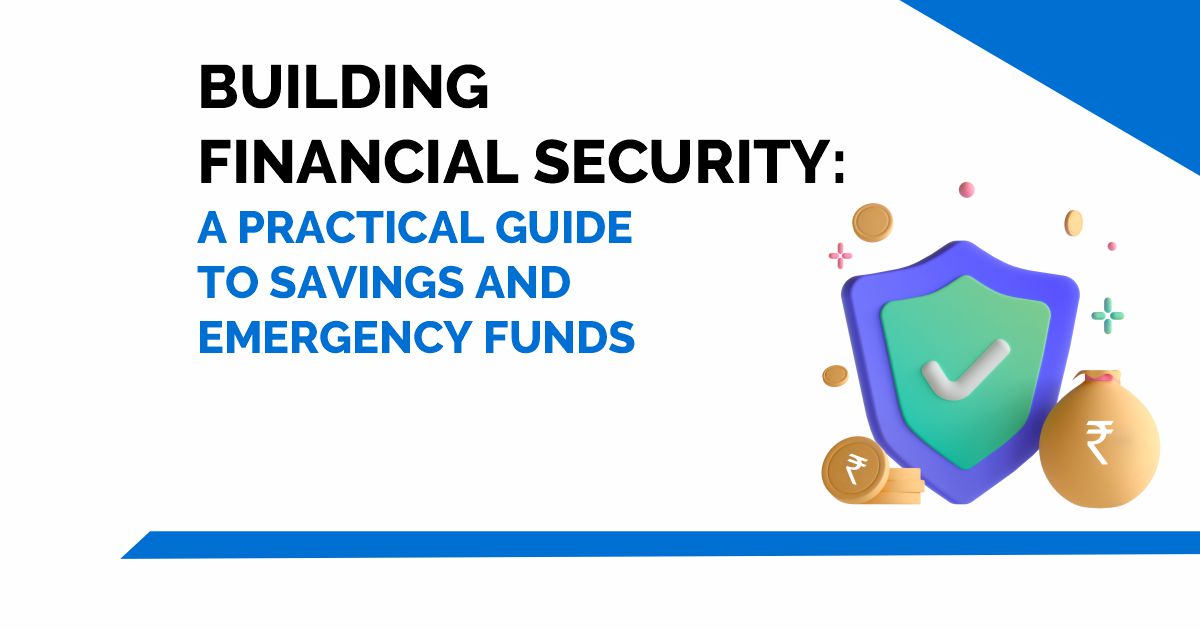S-T-O-C-K-M-A-R-K-E-T……To some, it may look like a gamble, but it is a great investment tool if you are thinking of long-term preferably 5-10-15-20 years. If you want to know more about financial planning and different investment assets, enroll in the NSE Academy Certified Financial Planning & Wealth Management course.
The minors can save their little savings and turn into a lot of money over time.
It’s important for parents to give money and investment lessons to their minor kids so that they understand the value of money and start saving out of their pocket money as well.
The main thing is that they should start thinking in the direction of savings and investment.
One of the important and biggest goals for most parents is to save and invest for their children in order to provide financial security be it education, marriage or any other requirement.
Also Read: How to Save and Invest for a New Baby!

How to invest?
There are two approaches to hold the investments.
The first approach is that the guardian can hold the stock in their own name and assign it to minor’s specific need say marriage or higher education, etc.
The other alternative is to hold it in the name of the child.
Such investments made in minor’s name are known as minor investments.
The investments can be held either way though there are some differences in the procedure involved and the way funds are being managed.
Read here: How to become your own Financial Planner?
Investments made in the child’s name
Minor themselves cannot open a demat account to trade or invest in stock market.
As per the legal requirement, a minor (below 18 years of age) cannot enter into a binding contract. It implies that you’ll need the help of your guardian to open an account at the financial institutions. Such accounts which are opened by a minor and an adult are known as a custodial account.
Custodial accounts are financial accounts like a bank account, brokerage account or trust fund, which are setup for beneficiary’s benefit and looked after by a responsible person known as custodian, who has the fiduciary obligation towards the beneficiary.
As soon as the minor child becomes major, he/she will have to fulfil all investment formalities like KYC details, PAN number, etc.
The guardian’s record will be replaced soon after the bank manager attests the signature of the minor child (major now) and child’s bank details needs to be provided for future transactions.

Investments made in the parent’s name
The parents can opt for the simpler option where they can hold child’s investment in their own name. Fewer formalities are involved if you hold the investments in your name and can easily manage them as well.
You can keep your child as a joint holder or a nominee so that you have clarity over the investments earmarked for your child which would help in keeping greater care of the investments made over the long term.
Moreover, it offers more flexibility if the investments are held in your name and you may also reassign the same to other goal if required.
But if the investments are in minor’s name, once he/she becomes major, you are required to take consent of the child to operate and will have lesser control as to how the funds are utilised since the money will be paid to your kids bank account.
Hence, in order to retain some degree of control, you can use the facility of joint holding in the bank account and investment account.
Bottomline
It’s important to consider the overall situation before you decide to hold the investments and make sure it helps in achieving your goals smoothly and efficiently.
It hardly matters whether you hold the investments in your own name or in the name of your child if you disciplined enough to do and remain invested for your goal.
But if you are not that disciplined, it’s better to hold the investment in your child’s name so that he/she can use when they need it.








